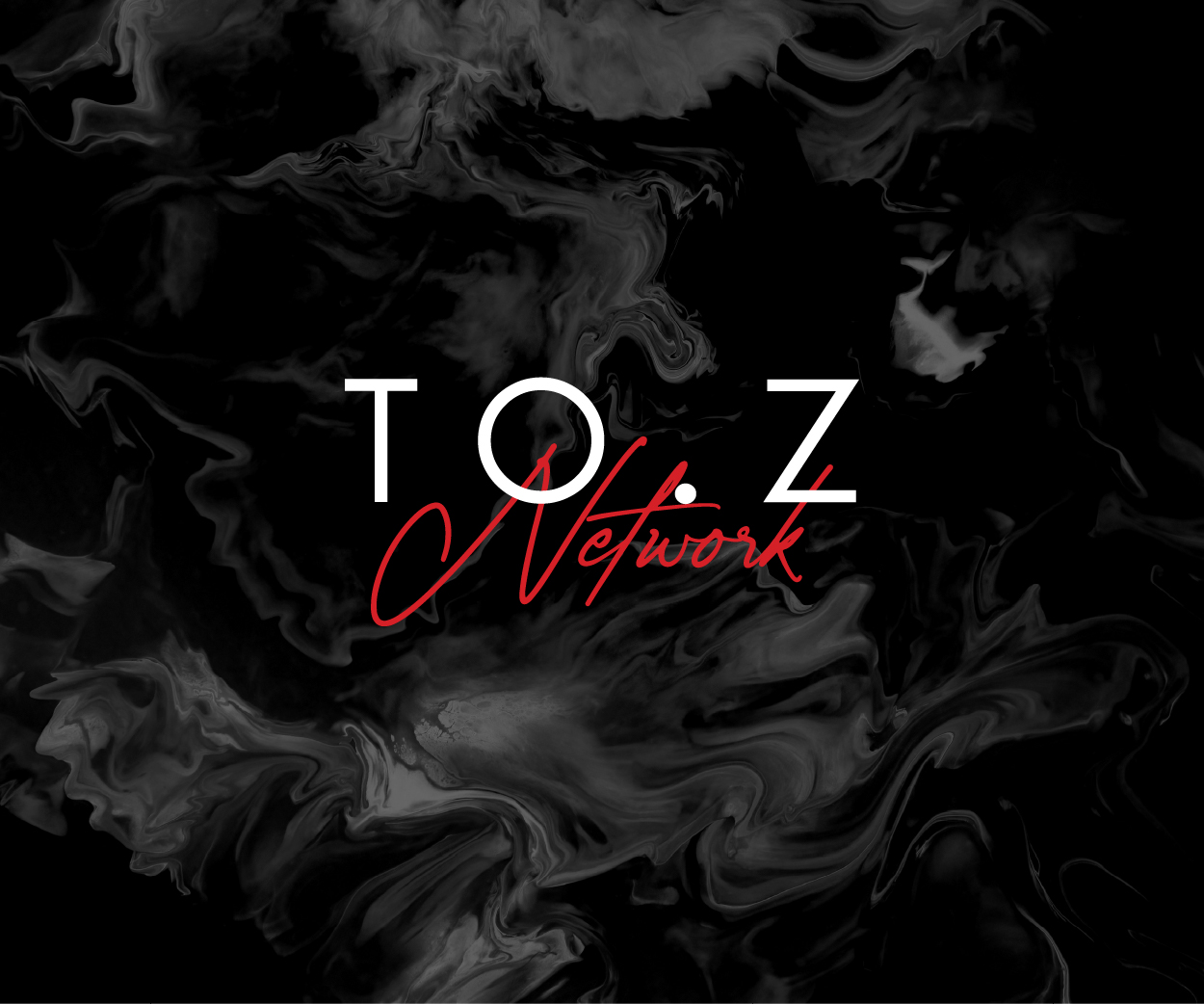Actress Asmaa Galal Takes Legal Action Against Hairstylist After Controversial Video on Repentance
Actress Asmaa Galal takes legal action against a hairstylist who announced his retirement after suggesting that touching female artists’ hair is religiously impermissible. Her swift response follows a wave of backlash online over perceived insults to women in the arts.

Background of the Controversy
Egyptian actress Asmaa Galal has announced that she has taken legal action against a well-known hairstylist following a viral video in which he questioned the religious permissibility of styling female artists' hair. His remarks sparked outrage on social media, with many interpreting them as an indirect insult to women in the entertainment industry.
The Hairstylist’s Statement
In the controversial video, the hairstylist recounted his experience working with Galal, stating:
“It all started when I was styling Asmaa Galal's hair to make her look better on camera. Then I asked myself, 'What am I doing?' I started wondering, 'Is my job permissible or forbidden?'”
He went on to announce his retirement from hairstyling, saying he would open a clothing brand instead — a line of work he described as more religiously appropriate.
Asmaa Galal Responds

Following the backlash, Asmaa Galal issued a public statement via her Facebook account:
“Legal measures have been taken against the hairdresser. I thank all the leaders of the Ministry of Interior for their swift response and swift action.”
Her firm and swift response has been widely supported by fans and fellow artists who saw the hairstylist’s comments as disrespectful and judgmental.
Public Reaction
The stylist’s video ignited heated debates across various platforms. While some praised his decision as a personal religious journey, others condemned his public framing of his clients — especially actresses — as morally questionable.
Many viewed the video as a form of indirect moral policing, and applauded Galal for standing up for herself and for women in the industry.
A Broader Conversation
This incident has reignited discussions on professionalism, boundaries between personal beliefs and work responsibilities, and the role of social media in shaping public perception. As the conversation continues, Galal’s response sets a precedent for how public figures may choose to handle defamatory or harmful narratives moving forward.









